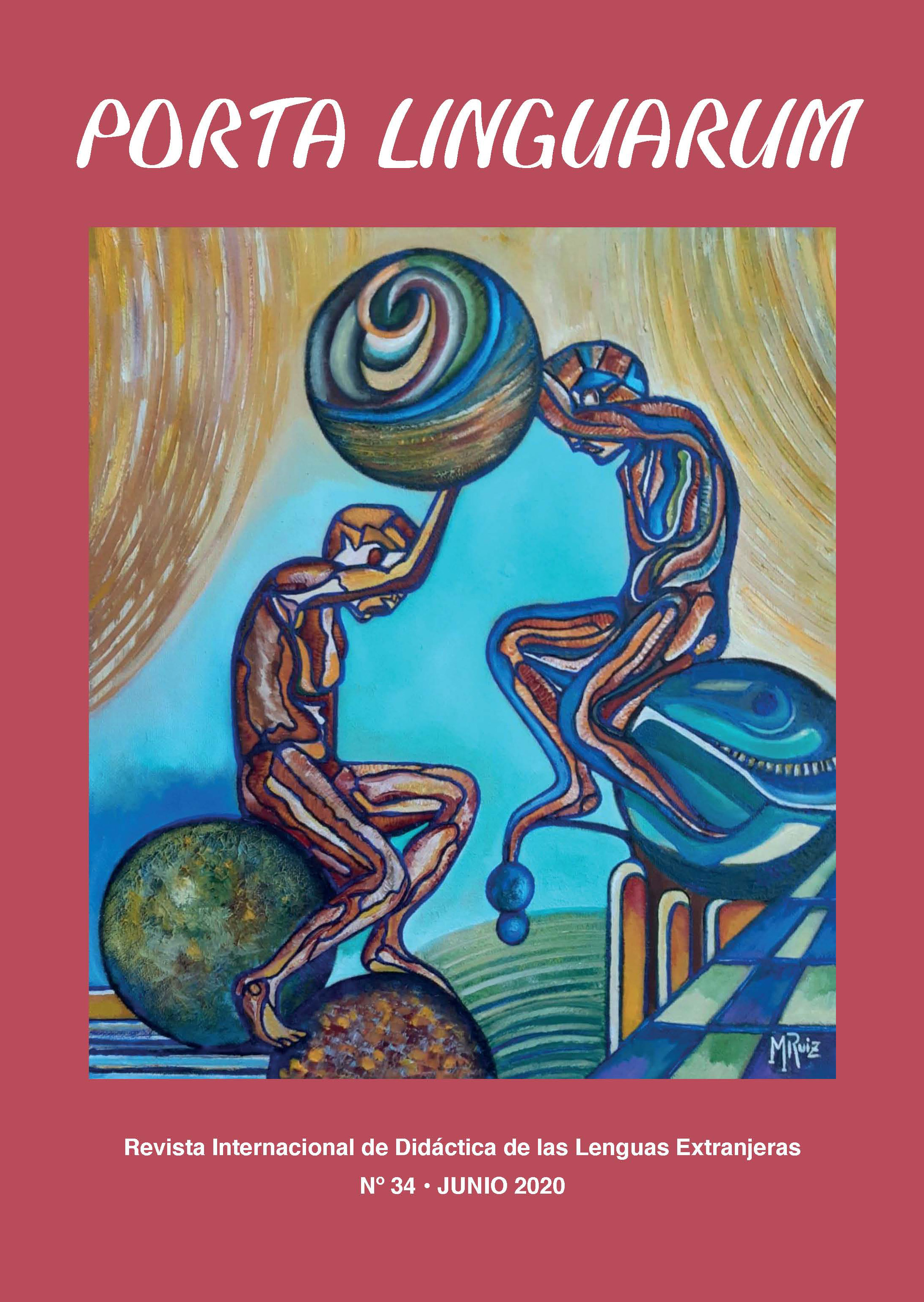Habilidades lingüísticas en prácticas lectoras interculturales
DOI:
https://doi.org/10.30827/portalin.vi34.16736Keywords:
Linguistic abilities; Intercultural competence; World readings; Language training; Reading practices.Abstract
The training of Spanish teachers in dynamic reading contexts of intercultural competence is necessary, especially considering that reading is an adequate tool for this objective. Reading is valued as a language intensified connotatively by the creative power of the imagination, and as living textuality (Genette, 1989) offers an ideal educational space for teaching intervention. In this research, based on a case study, a work of a quantitative and interpretive nature is offered —which the students of the Degree in Primary Education of the University of La Rioja have done— to analyze the use of linguistic abilities and the varied typology of the micro abilities used in youth reading that develop intercultural competence. The appropriate literary theme and the didactic sequence designed by the training teachers provide the data to study the variables related to skills as well as the intercultural component. The analysis of results shows that reading and writing communication skills and intercultural competence are conveniently addressed, although specific instruction is required to promote orality in contexts of cultural contact. The use of intercultural reading as a thematic axis to develop teaching proposals is highly valued.



















